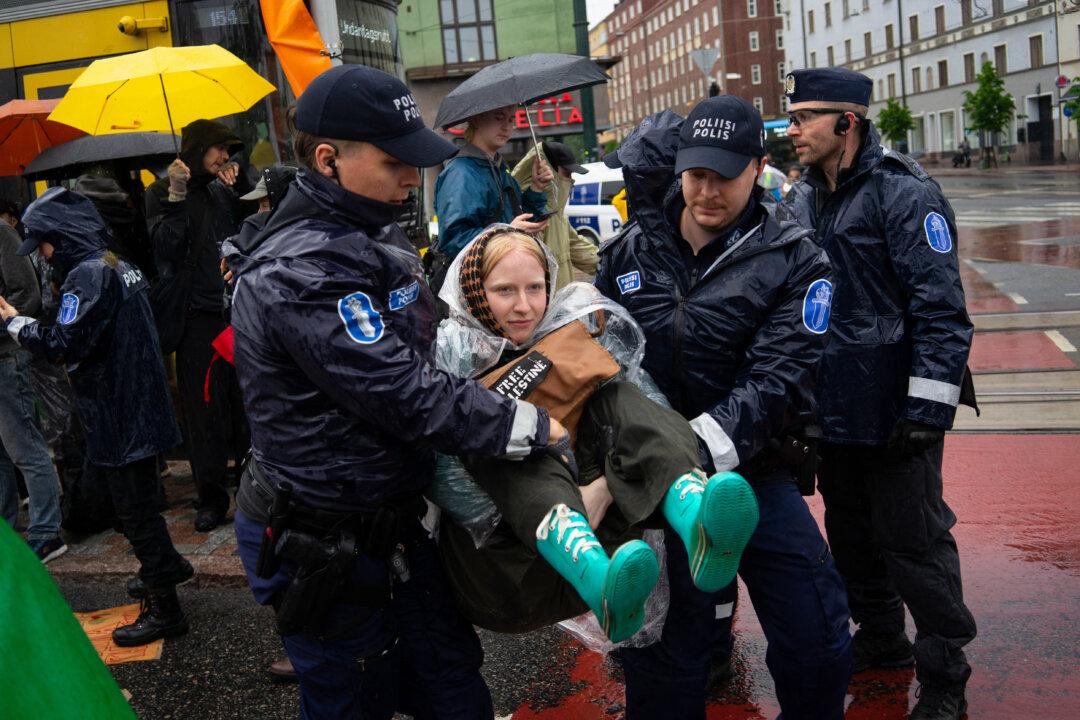Commentary
Daniel Ellsberg has died at age 92. I’m not sure where the cut-off line would be between Americans of a certain age who remember Ellsberg’s turn in the national spotlight in the early 1970s and those who might never have heard of him. My guess is that the cut-off age would be in the 50s. Americans under 50-something might never have encountered Ellsberg unless in some course in high school or college that had a unit about the Vietnam War.





